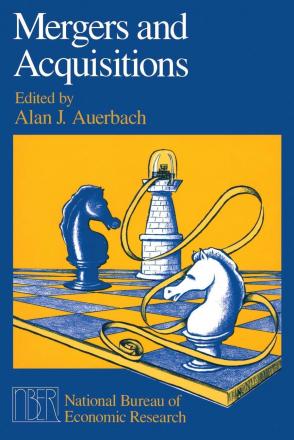Mergers and Acquisitions

What causes mergers and acquisitions, and how do they affect the economy? The recent wave of merger and takeover activity in the United States has led many leaders of business and government to ask these and related questions. Some have concluded that there are questionable motives for mergers and takeovers and often undesirable results. This has led to government attempts to discourage corporate combinations through financial and tax restrictions and to increases in the frequency and sophistication of antitakeover amendments to corporate charters.
Because there are many classes of individuals affected by any particular change in corporate control, it is difficult to draw conclusions about the costs and benefits of mergers and acquisitions without comprehensive examination. In the case of a takeover attempt, for example, one must consider the impact on the shareholders, the creditors, the employees, the management, and the customers of each company involved, as well as on competing firms and, through changes in tax revenue or default risk, taxpayers in general. Not every group will be helped by a given merger, but a commonly accepted criterion is that the outcome is socially desirable if the benefits exceed the costs. The problem is that opinions vary about the magnitudes of these costs and benefits.
A role of economic research is to provide information that can improve the accuracy of such cost-benefit calculations. Toward this end, the National Bureau of Economic Research initiated a project on mergers and acquisitions to encourage research by leading academics on a variety of specific topics. The five papers that follow report on ongoing research being done in connection with this project.


